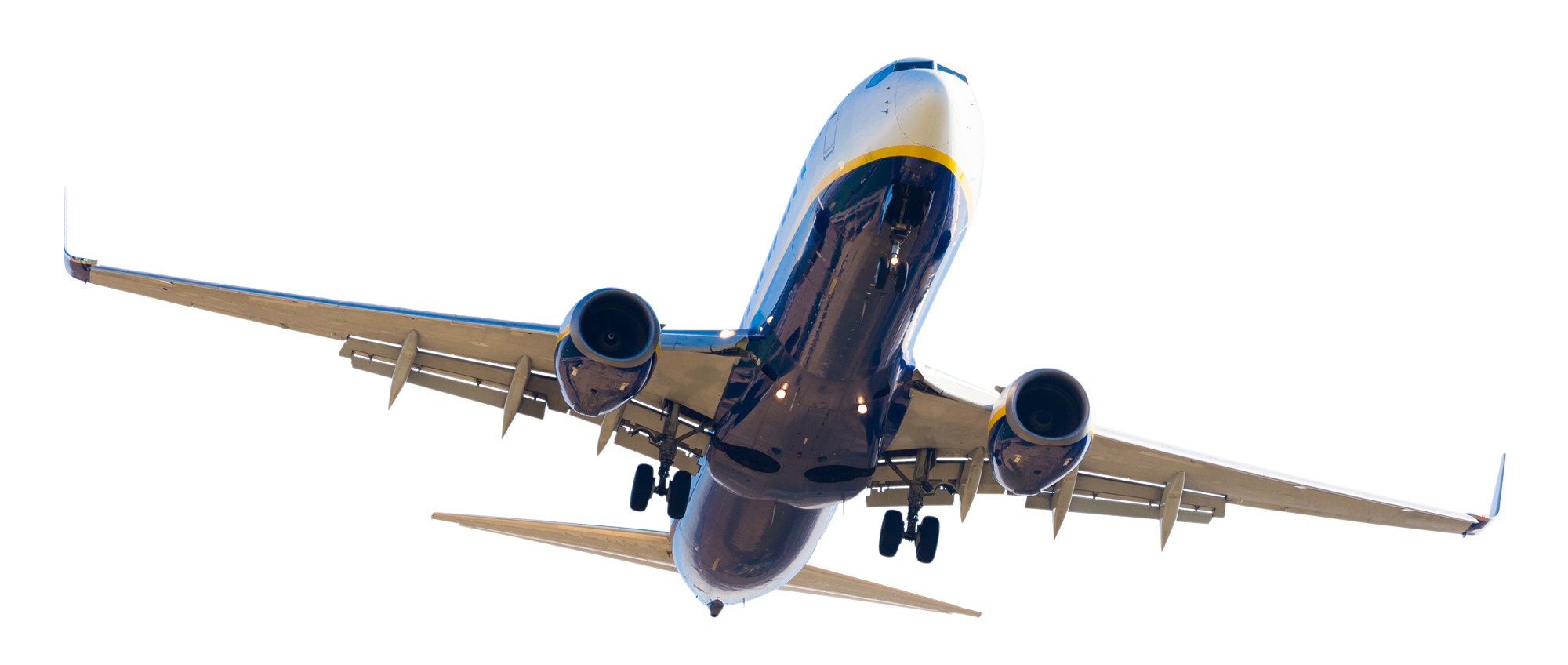Imports using CDS
Beginning 31 October 2021, all imports from Rest of World (RoW) to Northern Ireland must now be declared using CDS. Following the closure of CHIEF imports on 30 September 2022, the requirement to file declarations using CDS will extend to all imports into the UK.
Exports using CDS
Finally, on 31 March 2023, the CHIEF and NES legacy export systems will be decommissioned and all imports and exports will need to be declared using CDS.
What do you need to do to prepare?
Right now, you need to make sure you have three initial steps ticked off your list:
- An Economic Operator Registration and Identification (EORI) number
- Your Unique Taxpayer Reference number
- Government Gateway account details; once notified by your software developer, register for CDS and authorise your software provider.
Further changes from CHIEF to CDS
UK Trade Tariff changes
CDS requires a more extensive data set than CHIEF. While there are consistencies between several of the key CHIEF/CDS Code Lists, such as Documents, Licences and AI Statement Codes, there are also some which differ, e.g., Port codes. In addition, a number of new CDS code lists will be introduced.
One key point to note is that CDS uses a new structure for CPCs, allowing for more than one 3-digit Additional Procedure code to be reported in Data Element 1/11. This means while some of the basic codes may translate across from CHIEF in the same format, e.g. 40 00 000, others will differ.
The UK Trade Tariff: Volume 3 is used for import and export declarations in CDS, including:
- Standard declarations
- Simplified declarations
- Supplementary declarations
The Volume 3 landing page provides access to the import and export guidance for the switch to CDS, including procedure codes, data sets, and declaration completion rules.
Country codes
As with CHIEF, as of 1 January 2022 the country code ‘EU’ is no longer an option for the country of dispatch/country of origin and the proper country code will need to be used, e.g., FR for France.
Payment processing
The way declaration payments are processed will also change in CDS, and you will need to make changes to your current payment methods for the following:
Duty Deferment Account holders will need to complete a new Direct Debit Instruction. However, you should not cancel your original Direct Debit Instruction. This will still be needed for deferred declarations made in CHIEF or other systems, i.e., ATWD, VAT 908.
Flexible Accounting System (FAS) accounts will be closed. You will automatically be issued a cash account when you register for CDS.
Frontier Declarations and Immediate Payments will be settled using:
- Deferment account
- Cash account
- Personal or corporate debit card or corporate credit card
- General guarantee account
- Individual guarantee
More detailed information can be found on the UK Government’s CDS Finance Fact Sheet.


